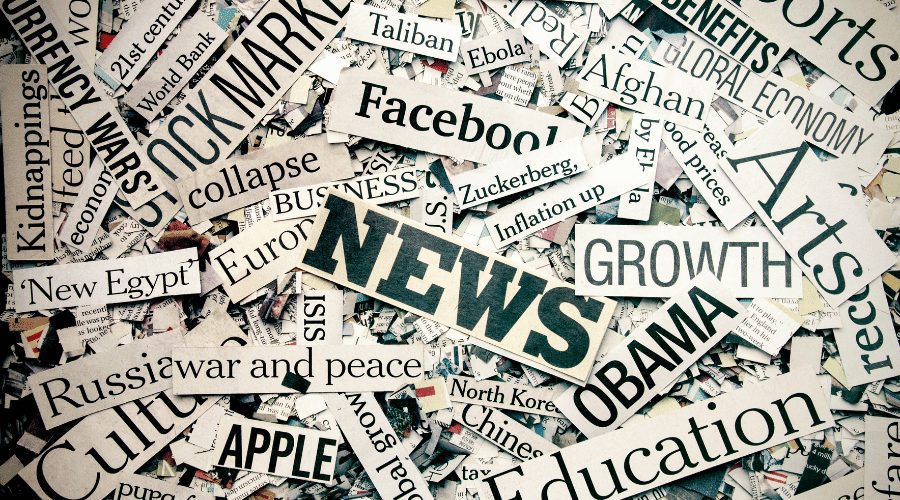Up first, we look at the Artificial Intelligence headlines, which are polarised in their opinions of the technology. Michael Schumacher is suing a German magazine, after their ‘exclusive interview’ turned out to be a deepfake AI generated video. Italy became the first western country to ban ChatGPT, while both China and the US have increased oversight, and the EU is debating far-reaching AI legislation. There are also growing concerns over the use of AI and deepfake to influence elections, including in the upcoming elections in Venezuela, while 75% of consumers admit they are afraid of AI-generated misinformation. Not all experts are convinced that AI will directly lead to more misinformation however.
East-West geopolitical tensions, disinformation, and propaganda are also dominating headlines, with a leaked Pentagon report highlights that Russia is honing its disinformation campaign, meanwhile four US Citizens have also been charged for pushing pro-Kremlin disinformation. The EU has approved plans to retaliate against nations that are utilizing economic coercion, and G7 has united to stand against coercion from China.
The impact of misinformation has been highlighted several times in the last few weeks, with a report from the FDA highlighting lower life expectancies as a direct consequence of misinformation, and a poll of physicians finding that 72% believe that COVID misinformation made it harder to treat patients. Donald Trump’s ‘greatest hits’ of misinformation was read out at the Congressional hearing, while an oversight body has advised Meta that it must review its own role in the spread of COVID misinformation. Elon Musk promised that Twitter would be the most accurate source of information, but has used his own account to share known misinformation. Finally, protestors sent a climate misinformation textbook to 8,000 US science teachers.
Countering some of the more disheartening news, expertise abounds. Sander van der Linden has shared his expertise on battling misinformation, UNESCO followed up their misinformation conference by publishing a guide for schools, and Emmanuel Macron has hailed the power of critical thinking in a trip to China. This report by MIT has highlighted why people share misinformation, while this one looks at social pressure as the cause of sharing. Finally, this study from the University of Birmingham provides an interesting insight into spotting fake news through language.
Follow us on social media for more updates like these, or email us with an article you suggest we read…

